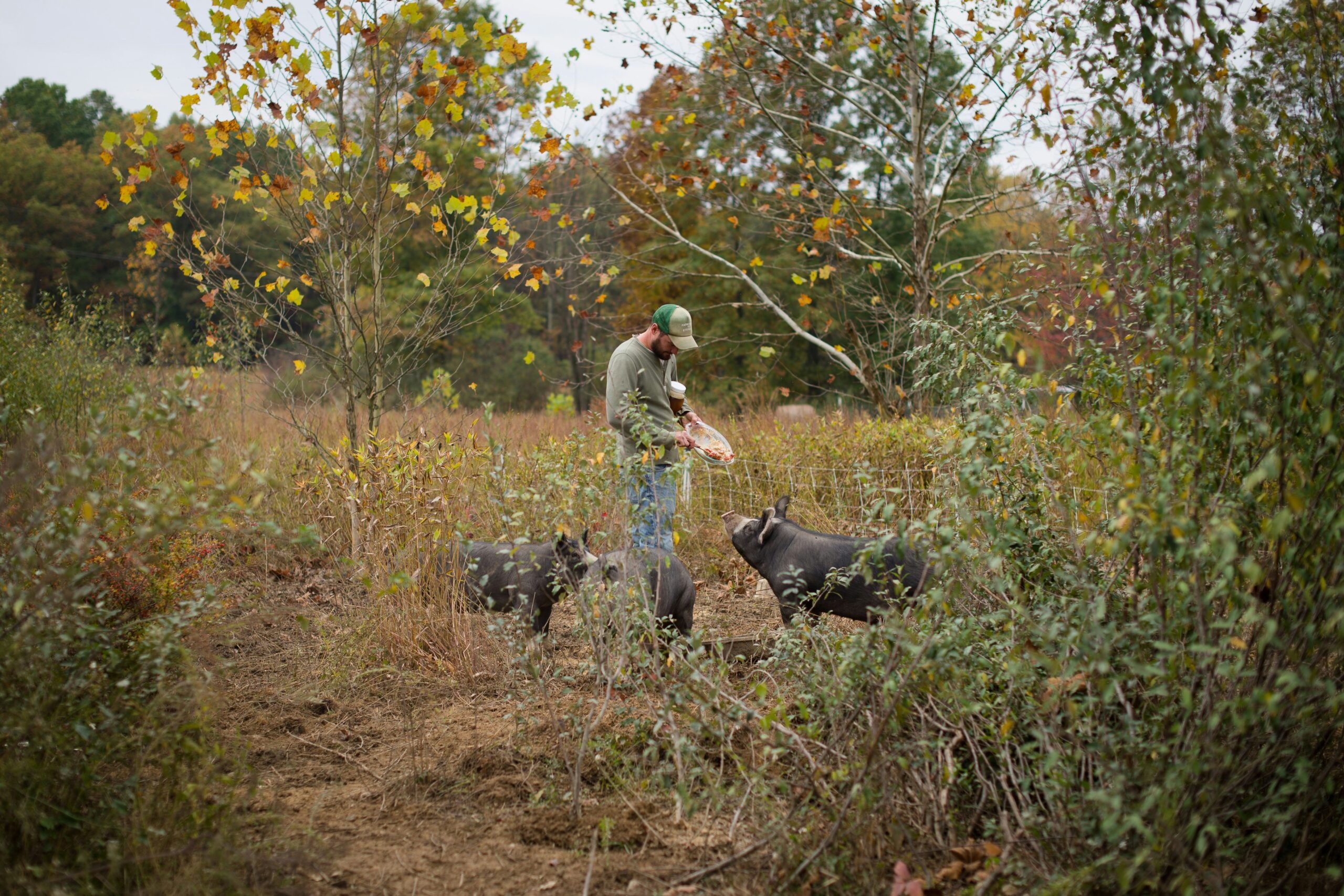
Hunting has long been an integral part of human history, serving as a means of sustenance, tradition, and connection to the natural world. However, as environmental awareness grows, the need for hunters to adapt their practices to align with ecological stewardship becomes increasingly essential. Sustainable hunting offers enthusiasts a way to engage in their sport while respecting wildlife and preserving habitats. This article explores the principles of sustainable hunting, the importance of ethical practices, and how hunters can make a positive environmental impact.
Defining Sustainable Hunting
Sustainable hunting refers to practices that promote the health of wildlife populations and their habitats while allowing for responsible recreation. It is centered on the idea that hunting can coexist with conservation efforts, ensuring that ecosystems remain intact and species thrive. This approach requires hunters to be mindful of their impact on the environment and to contribute to its protection actively.
The foundation of sustainable hunting lies in a commitment to ecological balance. This means understanding the dynamics of ecosystems, the status of various wildlife populations, and the potential consequences of hunting activities. By adopting a sustainable mindset, hunters can become stewards of the land, fostering a harmonious relationship with nature.
The Ethical Dimensions of Hunting
Ethics play a crucial role in sustainable hunting. Environmental ethics provide a framework for understanding the moral responsibilities hunters have toward wildlife and the ecosystems they inhabit. Acknowledging these responsibilities encourages hunters to consider the broader implications of their actions and to prioritize the well-being of both animals and the environment.
Hunters who embrace ethical principles recognize that their sport has consequences. They understand that responsible hunting practices not only enhance their experience but also contribute to the conservation of species and habitats. This ethical approach fosters a sense of stewardship, urging hunters to act in ways that protect and preserve the natural world for future generations.
Critical Practices for Sustainable Hunting
Selective hunting is essential for maintaining healthy wildlife populations. Hunters should prioritize species that are abundant and not at risk of overexploitation. Understanding local ecosystems and the status of various species enables hunters to make informed decisions that promote biodiversity and ecological balance.
Humane and Ethical Harvesting Techniques
Using humane methods to ensure quick, ethical kills is paramount. Hunters should invest in quality gear and practice their shooting skills to minimize suffering and waste. Understanding shot placement and using appropriate ammunition can make a significant difference in the ethical nature of a hunt.
Engaging in Conservation Efforts
Many hunting organizations contribute to conservation through habitat restoration projects and wildlife management programs. Hunters can actively participate in these initiatives, supporting efforts that enhance habitats and protect vulnerable species. Collaborating with conservation groups not only aids wildlife but also fosters positive relationships within the broader community.
Respecting Regulations and Seasons
Adhering to hunting regulations is vital for sustainable practices. These rules are designed to protect wildlife populations and their habitats, ensuring that hunting remains a responsible activity. Hunters should stay informed about local laws, hunting seasons, and bag limits, recognizing that compliance is essential for the sustainability of their sport.
Promoting Habitat Preservation
Active involvement in habitat conservation is another way hunters can contribute to sustainability. By volunteering for local restoration projects, supporting conservation policies, and advocating for the protection of natural areas, hunters can help maintain the health of ecosystems that support diverse wildlife populations.
The Importance of Education and Awareness
Education is crucial in promoting sustainable hunting practices. Hunters should continually seek knowledge about wildlife management, conservation strategies, and ethical hunting methods. Many organizations offer workshops, seminars, and online resources that provide valuable information for hunters looking to enhance their understanding of sustainable practices.
Moreover, fostering awareness within hunting communities is essential for cultivating a culture of responsibility. By sharing knowledge and experiences, hunters can encourage one another to adopt sustainable practices and prioritize conservation.
The Role of Innovation in Sustainable Hunting
Advancements in technology have the potential to enhance sustainable hunting practices. From tracking devices that monitor wildlife populations to apps that provide information on regulations and best practices, technology offers hunters valuable tools for responsible hunting. Additionally, innovations in eco-friendly gear, such as biodegradable ammunition and sustainable clothing, contribute to minimizing the environmental footprint of hunting activities.
Honoring Traditions While Embracing Change
For many hunters, the sport is steeped in tradition, and these cultural practices are an essential aspect of their identity. However, adapting to modern environmental challenges is necessary to ensure the continued viability of hunting as a recreation. By integrating sustainable practices into their traditions, hunters can honor their heritage while promoting the conservation of the natural world.
Sustainable hunting represents a forward-thinking approach that allows hunters to engage in their passion while embracing environmental responsibility. By adopting ethical practices, participating in conservation efforts, and advocating for responsible hunting, hunters can make a lasting positive impact on the environment. As we face the challenges of a changing world, the commitment to sustainable hunting will not only help protect wildlife and their habitats but also preserve the rich traditions of hunting for generations to come. Through this alignment of sport and stewardship, hunters can play a pivotal role in fostering a sustainable future for the natural world.